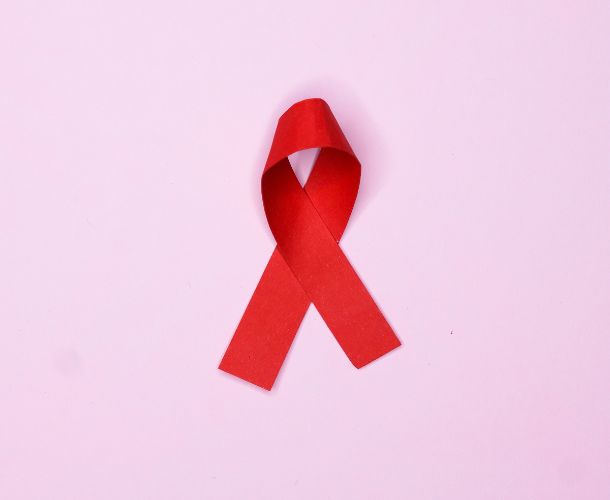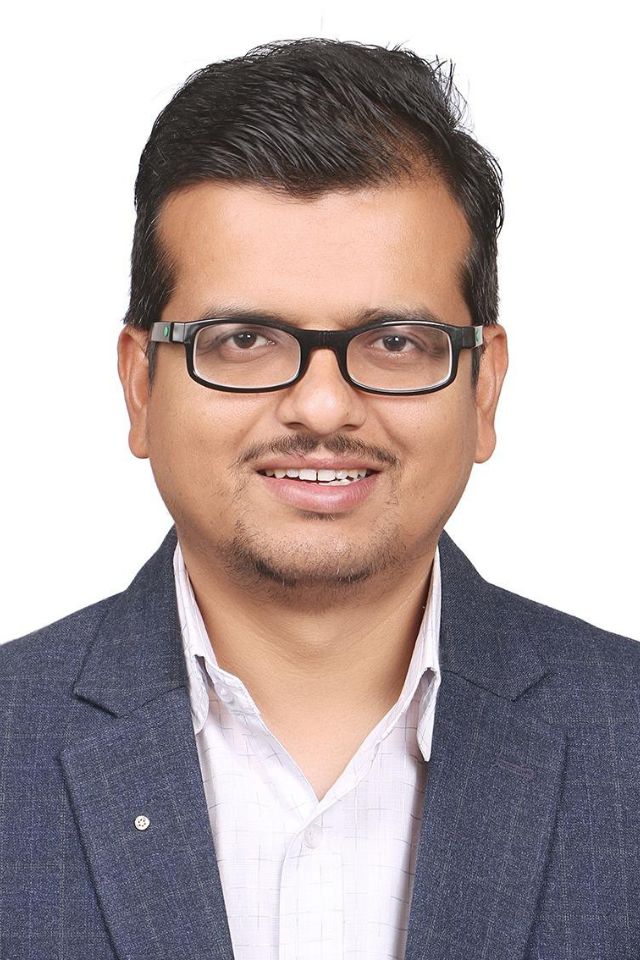


Donation Done
PHAs at Risk
Team Member
Lives Saved

Southern Time Foundation was incorporated by Timothy Bartsch in 2020 after living with HIV since 1996 and nearly dying from AIDS in 2009. Tim spent six months in the hospital recovering from AIDS. And though his immune system is healthy now, he has since sustained lower spinal cord damage due to his time with AIDS.
Tim is now happily married to an HIV-negative wife, and they have a healthy HIV-negative son. He wishes that nobody ever dies from AIDS again or experiences HIV stigma and lack of life opportunities like he did because of his HIV status. And, beyond HIV, Tim has made it his life mission since testing HIV positive so that inequity or disvaluing of anyone never happens in our world.
Southern Time Foundation will also address a still-to-be-fully met area that many current HIV service organizations do not adequately meet – women and girls and HIV-positive key populations.

Timothy Bartsch tested HIV positive in 1996 and nearly died from AIDS in 2009, sustaining lower spinal cord damage until today, though his immune system and overall health are better than ever. He is now happily married to an HIV-negative wife, and together, they have a healthy HIV-negative son.
Tim attributes his successful health recovery and overcoming HIV stigma largely to the universal healthcare system in Canada and the financial and emotional support from his parents. Tim has long understood that he has been in a relatively privileged position regarding his fight against HIV and AIDS and wishes that everyone living with HIV or dying from AIDS – or any other preventable misfortune – could be afforded advantages such as he has.
Because of the story of how he acquired, has lived with, and overcame HIV, he also has realized that he is in a unique position to make a positive impact in our world.

Sudip is a leading figure in philanthropy and project management, boasting an extensive global portfolio of work across Nepal, the USA, Canada, and Australia. His broad expertise, encompassing Direct Marketing, Donor Relations, and a commitment to data-driven, ethical fundraising, has significantly advanced the field.
Beyond his impactful fundraising initiatives, Sudip’s leadership as CEO and Country Director for various international non-profits has been pivotal. He has been honored with numerous recognitions and awards worldwide for his selfless service, profoundly changing the lives of those in need.
As a proud Rotarian and a member of the Rotary Foundation Cadre of Technical Advisers, Sudip’s career shines as a symbol of unwavering dedication and transformative leadership within the global community, reflecting his profound commitment to enriching lives through philanthropy.

Dr. Afanu is a management and development expert with expertise in social sector, hospitality, real estate, entrepreneurship, and business development. Her experience in these sectors span over 10 years collectively and possesses over 20 years Entrepreneurial Experience.
She has served as expert resource to State Governments for the development of economic and growth focused strategies and as well as empowerment and human capacity development programmes in diverse sectors of the economy.
She provides mentorship support to entrepreneurs with particular focus on youth and women-owned businesses at various stages of growth (idea, start-up and growth).
She serves as an executive on various organizations that are focused on social impact and community development.
She is very passionate about nation building focusing on entrepreneurship and community development through various impact projects as well as women economic empowerment and growth.
Years Experience




Nobody is as personally invested in ending AIDS as people who live with HIV and those who have nearly died from AIDS. These are the individuals who lead and work for the STF. We will make it happen.
